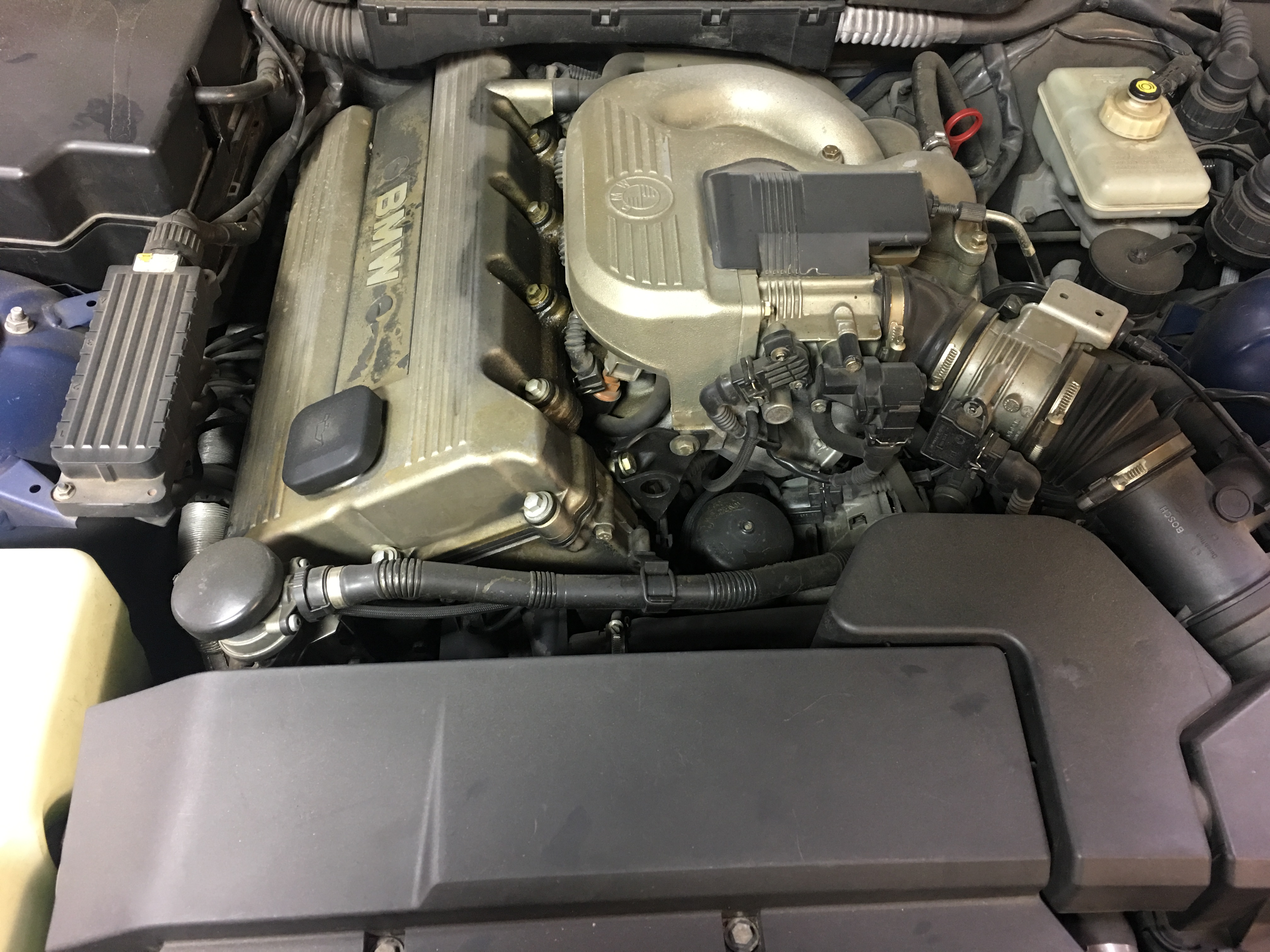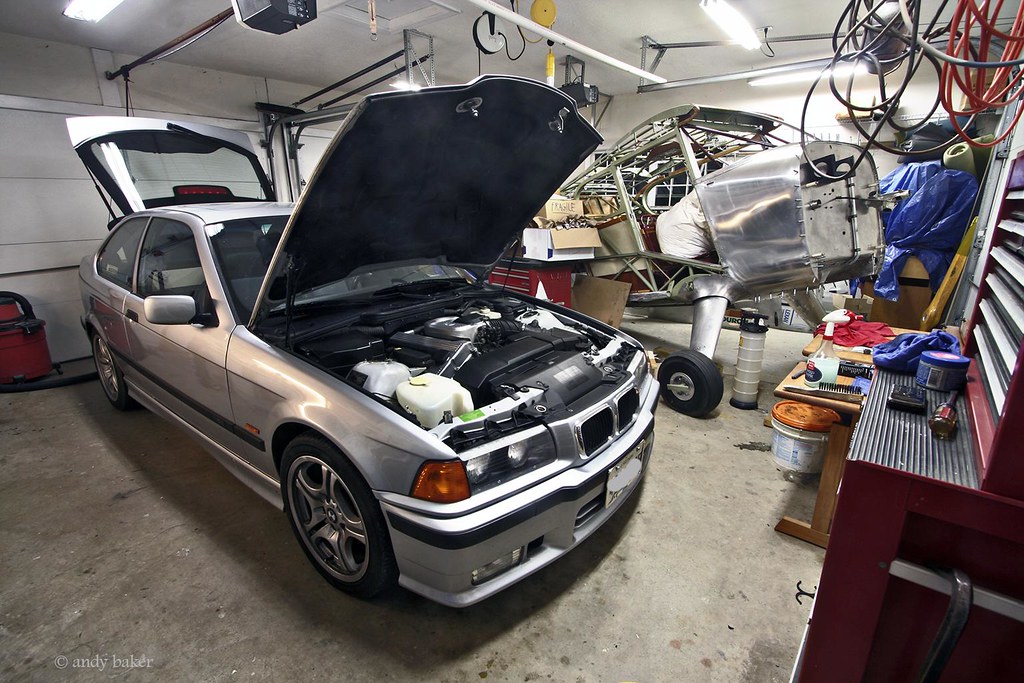BMW 318ti Review: What Makes This Design Stand Apart
BMW 318ti Review: What Makes This Design Stand Apart
Blog Article
Essential Factors To Consider for Selecting the very best Engine for Your Requirements
In the realm of choosing the perfect engine to satisfy your demands, numerous essential factors demand careful factor to consider to guarantee optimum efficiency and effectiveness. From the nuanced balance in between power and efficiency to the often-overlooked elements of upkeep and solution needs, each element plays a critical function in identifying the most suitable engine for your particular needs. As the complexity of engine technologies remains to advance, discerning the most suitable option demands a deep understanding of the interaction in between various considerations. By checking out the intricate internet of elements that underpin this decision-making process, a clearer path arises in the direction of choosing an engine that not only fulfills but exceeds your expectations.
Power and Efficiency
When reviewing engines for optimum efficiency, it is important to focus on both power result and performance. Performance refers to how well the engine converts gas right into usable energy. By very carefully reviewing both power and efficiency, you can pick an engine that provides optimal performance and fulfills your needs properly.
Gas Performance and Economic Situation
Gas performance refers to the engine's ability to transform gas into power with marginal waste, directly influencing operating prices and ecological sustainability. Engines with higher fuel performance not just lower gas expenditures however likewise lower carbon exhausts, adding to a greener operation.

Compatibility and Application
Taking into consideration the fuel performance and economy of an engine, the following vital facet to address is its compatibility and application within specific functional contexts. Compatibility refers to just how well the engine integrates with the general system or tools it powers.
Various engines are developed for specific purposes, whether it be industrial equipment, marine vessels, cars, or power generators. Comprehending the intended application enables for the choice of an engine that can supply the required power result, torque, and functional attributes.
Upkeep and Solution Needs
Maintenance and service needs play an important role in making sure the longevity and ideal performance of an engine. Normal maintenance is important to avoid failures, extend the life-span of the engine, and maintain its efficiency. When choosing an engine, it is essential to take into consideration the maker's recommended maintenance timetable and the availability of service facilities or qualified technicians.
Elements such as the frequency of oil changes, filter replacements, and total evaluations can significantly influence the engine's performance. Some engines may call other for even more frequent maintenance based on their design and usage, while others might have longer periods between maintenance checks. It is important to comply with these solution requirements to prevent expensive repair work and unforeseen downtime.

Expense and Spending Plan Considerations
Spending plan restrictions commonly play a significant role in the decision-making procedure when the original source choosing an engine for a specific application. When considering the cost and budget ramifications of selecting an engine, it is necessary to evaluate not only the first acquisition cost however likewise the lasting costs related to upkeep, fuel intake, and possible upgrades or repairs. It is crucial to strike an equilibrium in between the ahead of time cost of the engine and its overall lifecycle expenses to make certain that the picked engine remains financially sustainable throughout its operational life-span.
Elements such as gas sturdiness, integrity, and performance can straight impact the overall cost of ownership of an engine. While a more expensive engine may have greater in advance prices, it might potentially result in reduced maintenance and gas expenses over time, hence providing much better value in the lengthy run.
Conclusion

Fuel efficiency refers to the engine's ability to convert fuel into power with marginal waste, directly affecting operating costs and ecological sustainability.Aspects affecting gas efficiency include engine layout, burning efficiency, and general performance additional info optimization. Additionally, choosing the appropriate gas type and grade as recommended by the engine manufacturer can additionally boost performance and lengthen engine lifespan.
Engines with good utility functions and easily offered parts can minimize maintenance prices and lessen the time the engine is out of operation - bmw 318ti. It is vital to strike a balance in between the in advance expense of the engine and its general lifecycle prices to ensure that the picked engine remains monetarily lasting throughout its functional life-span
Report this page